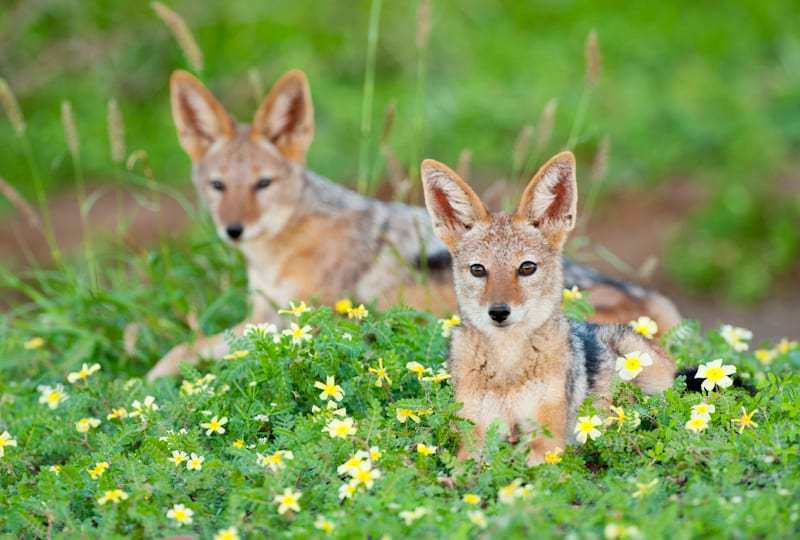
Apex Predators are Essential for Biodiversity
Did you know that most of the world’s apex predators are in decline? One of the main reasons why their numbers are in decline is habitat loss which brings them into increasing conflict with humans.
That’s just one of the many lessons about African nature that gets emphasized in the various courses offered by EcoTraining Guides & Guardians in South Africa and Botswana.
An apex predator is a carnivore at the top of its food chain, basically at the top of the ecological pyramid. In other words, they can be seen as nature’s “tough guys”, they normally eat all kinds of other animals, but no other creatures really tries to hunt and eat them.
South Africa is lucky to have several different apex predators including the reclusive leopard, regal lions, elegant wild dogs, enigmatic spotted hyena, ancient crocodiles, and the mysterious great white shark, just to name a few.
The word predator or carnivore inspires many emotions. People go on once-in-a-lifetime safaris to stare at them in wonder and awe, and yet to others, they inspire fear and mistrust.
Over the last few years, scientists and researchers have begun to understand the stabilizing effect that an apex predator has on the environment. When you take one element out of an ecosystem, it results in the delicately balanced system falling apart. Biodiversity quickly declines when the top of the food chain no longer exists.
Apex predators play a vital role in maintaining a healthy ecosystem. They hunt animals that are old or vulnerable and even the young. When species numbers are under control there is more food available for everyone in the food chain, which in turn enables the strong to survive and ensures that the strongest genes get passed onto the next generation.
Without the presence of apex predators, prey species would also have no reason to move from one place to the next. They would quite literally eat everything they could find in that specific area before being forced to move on. Prey species numbers would continue to grow to an unsustainable level, contributing to food shortages and irreparable damage to the environment.
Predators are integral, but not disposable. Maybe it is time for humans to learn to have a greater tolerance, to try and figure out a way to live alongside them, and to try and out a way to work with and protect them.


0 Comments